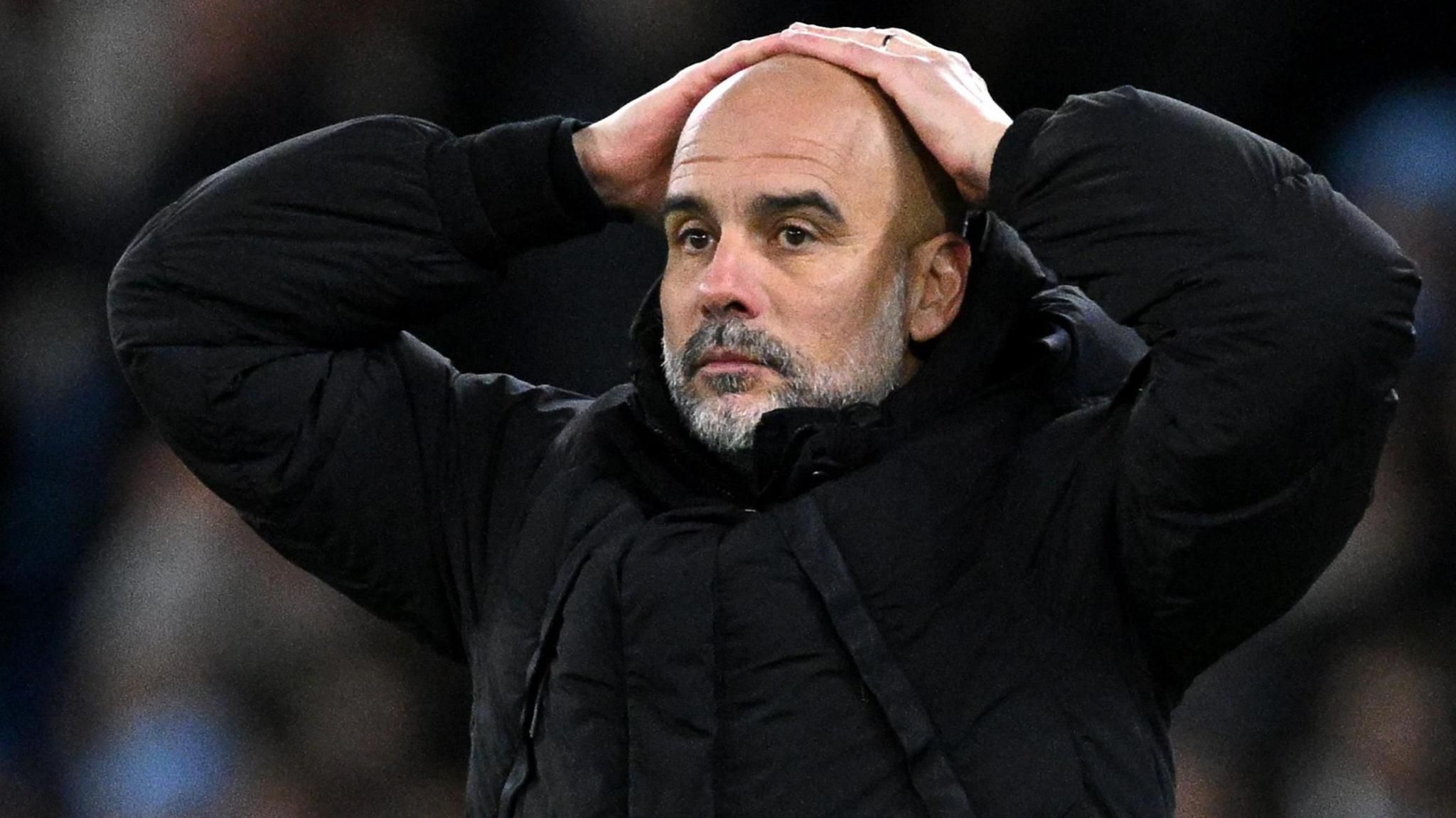English Premier League: Fixture Congestion and Its Impact on Top Clubs
The English Premier League is renowned for its relentless pace, fierce rivalries, and world-class football. However, in recent seasons, fixture congestion has become a hot topic among managers, players, and fans alike. As the race for European spots and domestic glory intensifies, questions are being raised about the physical and mental toll on the league’s top clubs.

Introduction: The Demands of the English Premier League
Competing in the English Premier League means more than just battling rivals each weekend. Clubs that strive for silverware must navigate packed schedules, sometimes playing three games within a single week. These challenges become even more significant during periods that overlap with cup competitions such as the FA Cup and European tournaments.
Fixture Congestion: More Than Just a Scheduling Issue
Recently, fixture congestion hit the spotlight when Manchester City manager Pep Guardiola publicly criticized the Premier League’s tight scheduling. After qualifying for the FA Cup final, City was slated to face Bournemouth just three days later—a rapid turnaround that could impact their performance and injury risk. Guardiola expressed his frustration, noting that such scheduling offers little recovery time and puts players under intense pressure. He also pointed out that rival clubs have seen schedule adjustments to help prepare for crucial European matches. Read more about Guardiola’s response to the fixture congestion on BBC Sport.
Pep’s perspective highlights a wider issue in the Premier League. As clubs progress in multiple competitions, the league’s packed calendar makes it difficult to maintain peak performance. Earlier in the season, Manchester City faced a similar challenge, having played up to 61 matches across all competitions during their treble-winning campaign. Such a workload is unmatched in most European leagues and raises concerns about player welfare.
Impact on Fans, Clubs, and Competition
Scheduling challenges in the English Premier League don’t just affect managers and players. Fans are often forced to choose between watching different games due to overlapping fixtures. Meanwhile, clubs contend with increased fatigue, greater risk of injuries, and complicated tactics as they approach crucial matches.
Guardiola's frustration is shared by other top managers. The inability to shift games, especially after important cup ties, can influence the race for Champions League qualification. In his comments, Guardiola reflected on the Premier League’s resistance to schedule changes, despite clear examples of flexibility for other teams. The Guardian offers further insight into Guardiola’s ongoing battle with league scheduling.
The discussion around fixture congestion is not limited to City alone. Other English clubs involved in European competitions regularly navigate similar challenges. These issues challenge the league to find a balance that supports both club success and player longevity. For more perspectives on this ongoing debate, visit Hindustan Times’ coverage of Premier League scheduling.
Conclusion: The Road Ahead for the English Premier League
As the English Premier League continues to grow in popularity and competitiveness, managing the fixture list sensitively is key. Addressing congestion will help protect player health, maintain high-quality football, and enhance the viewing experience for fans. High-profile managers like Guardiola bring much-needed attention to this ongoing issue, urging league officials to consider the long-term wellbeing of all involved.
The conversation around fixture congestion is far from over. Its impact on the prestige, excitement, and global reach of the English Premier League remains a critical point for clubs and supporters going forward.